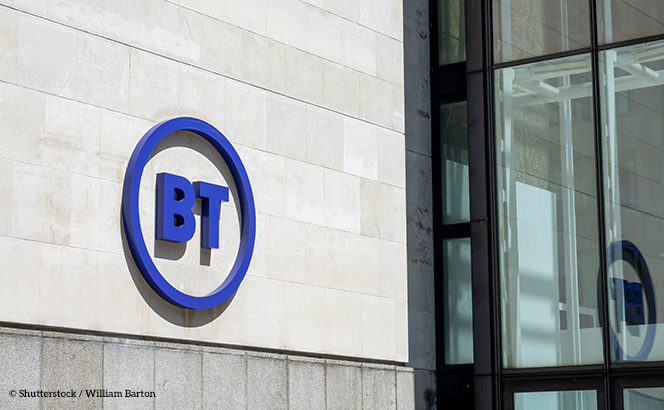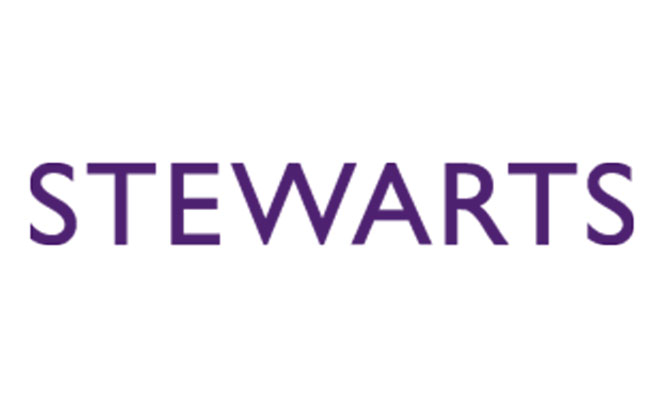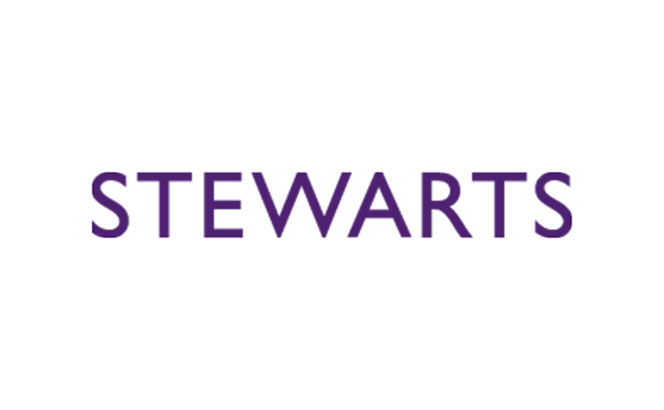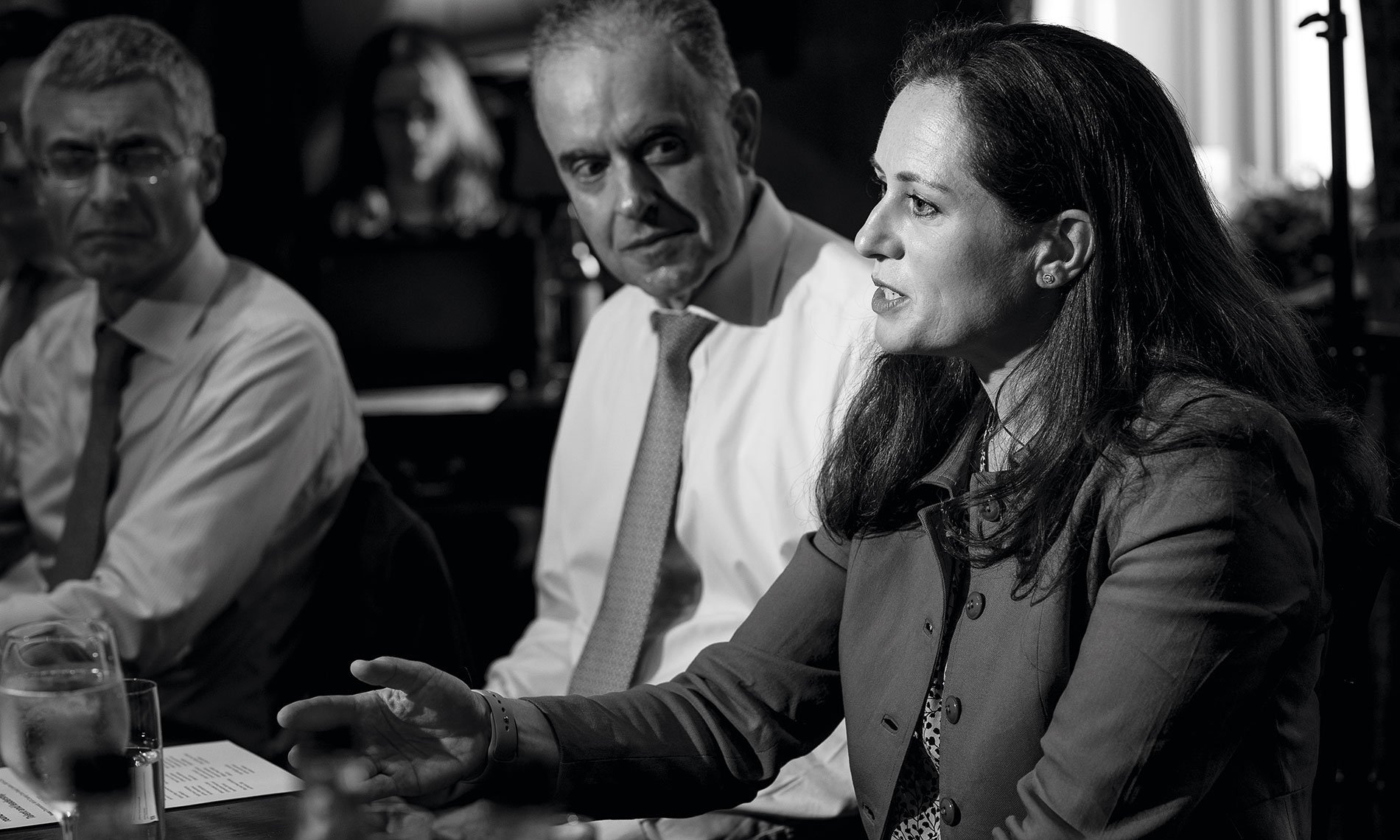
2018 saw Ofcom decide that BT held significant market power in relation to stand-alone landline customers, finding that the company had been overcharging customers by at least £7 a month. Due to the significant market power exerted by BT, Ofcom and BT agreed to reduce its prices going forward. However, compensation was not provided for consumers for the previous years of overcharging, nor for clients who had purchased both internet access and phone access.
The initial claim, filed in 2020, saw class representative Justin LePatourel seeking compensation on behalf of these consumers. In the first-ever opt-out collective action to reach trial, it is set to be closely watched by claimant and defendant firms alike, and is anticipated to have significant effects on the class action landscape in England and Wales.










